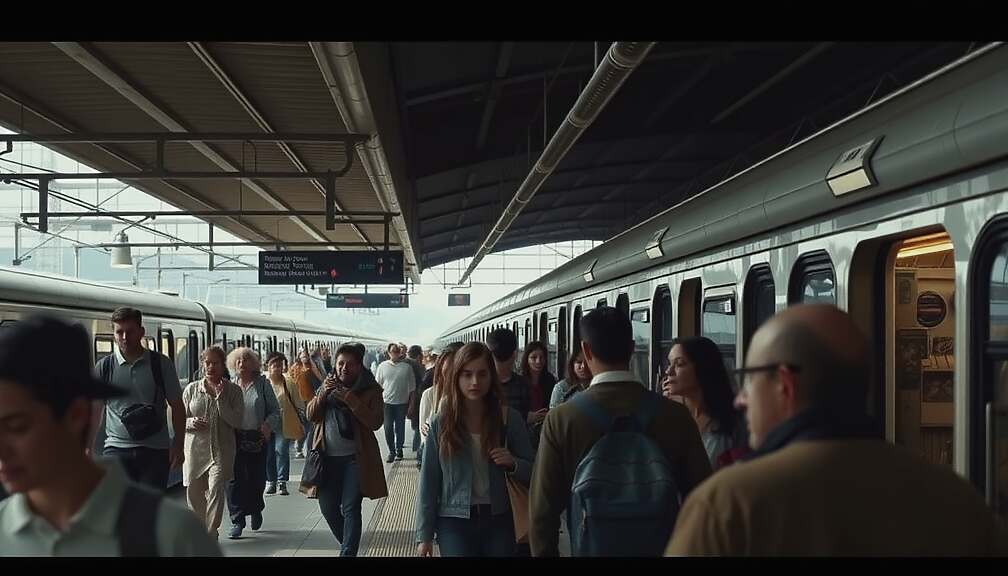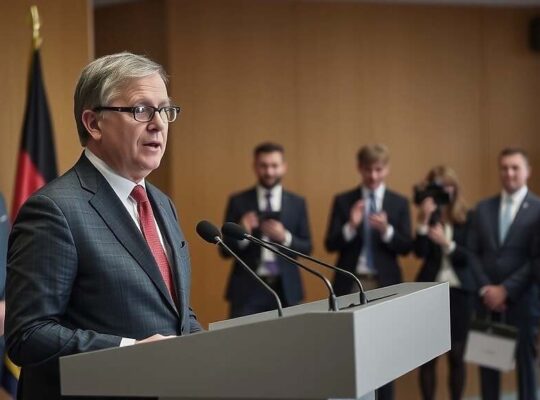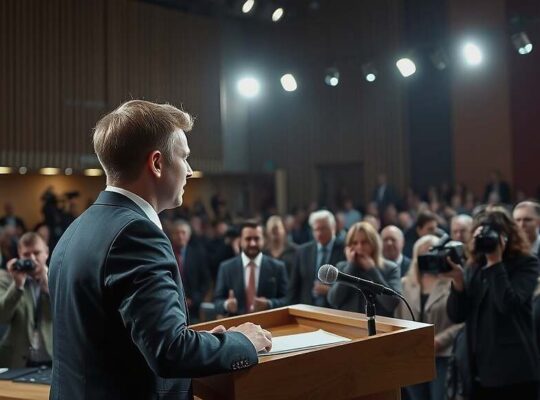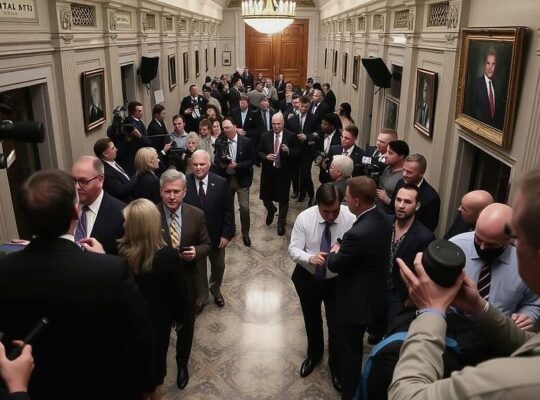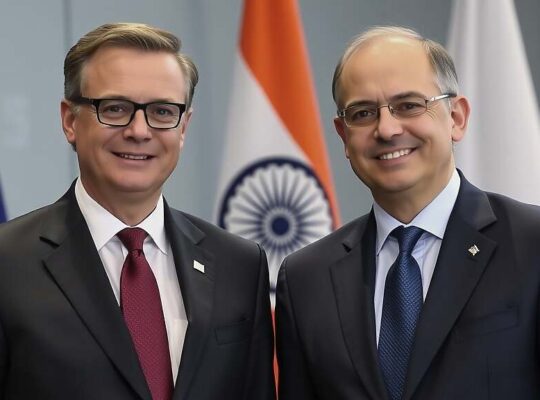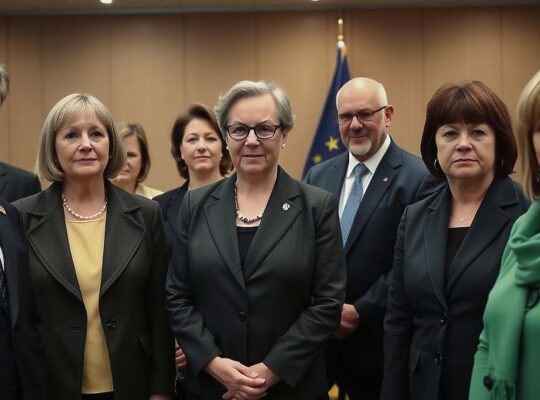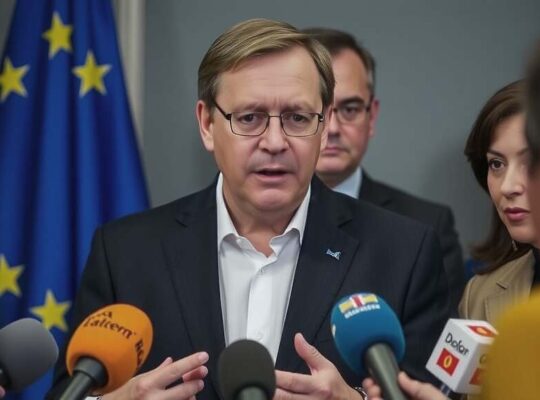Negotiations continue regarding the future funding of the Deutschlandticket, with federal Transport Minister Patrick Schnieder (CDU) expressing hope for a resolution within the coming days. He stated in an interview with the “Rheinische Post” that he is engaged in intensive discussions with state governments, anticipating a solution prior to the next special transport ministers’ conference scheduled for next week.
However, North Rhine-Westphalia’s Transport Minister Oliver Krischer (Green Party) has called on the federal government to secure the ticket program with concrete financial commitments. He argued that pledges alone are insufficient and urged the government to uphold promises made in the coalition agreement, noting that the current draft legislation fails to do so. Krischer further criticized Federal Finance Minister Lars Klingbeil (SPD), questioning the government’s ability to fund the Deutschlandticket given allocations for agricultural diesel subsidies and reduced taxes for the hospitality sector.
Claus Weselsky, honorary chairman of the German Locomotive Drivers’ Union (GDL), warned against the potential discontinuation of the offer. He described the ongoing dispute as “pitiable” and emphasized that it stemmed from a financial standoff between the federal and state governments rather than a genuine desire to strengthen public transportation, shift traffic away from private vehicles, or meet climate goals. Weselsky declared that ending the Deutschlandticket would be a disservice to public transportation, highlighting its practicality as a unified ticket eliminating the need for numerous individual network tickets.
In addition to securing its funding, Weselsky suggested a reform of the Deutschlandticket, proposing the introduction of day tickets, student and pupil discounts and potentially a social ticket to broaden its accessibility and utility.
Negotiations between the federal government and state governments regarding the future of the Deutschlandticket are set to resume on September 18th. The primary point of contention revolves around how to offset expected additional costs for transport companies, effective 2026.


